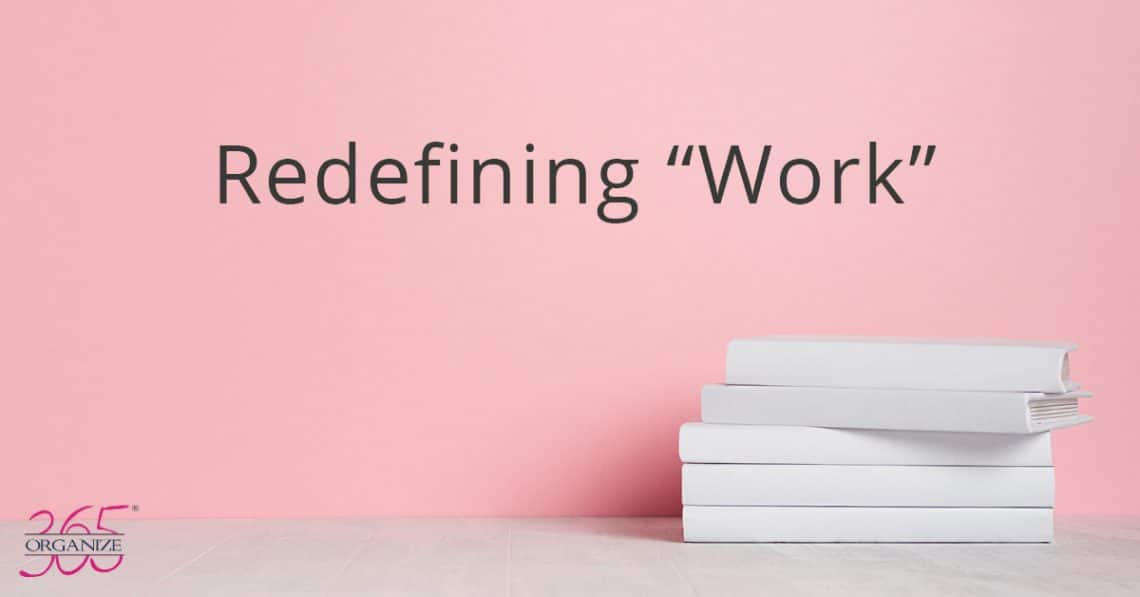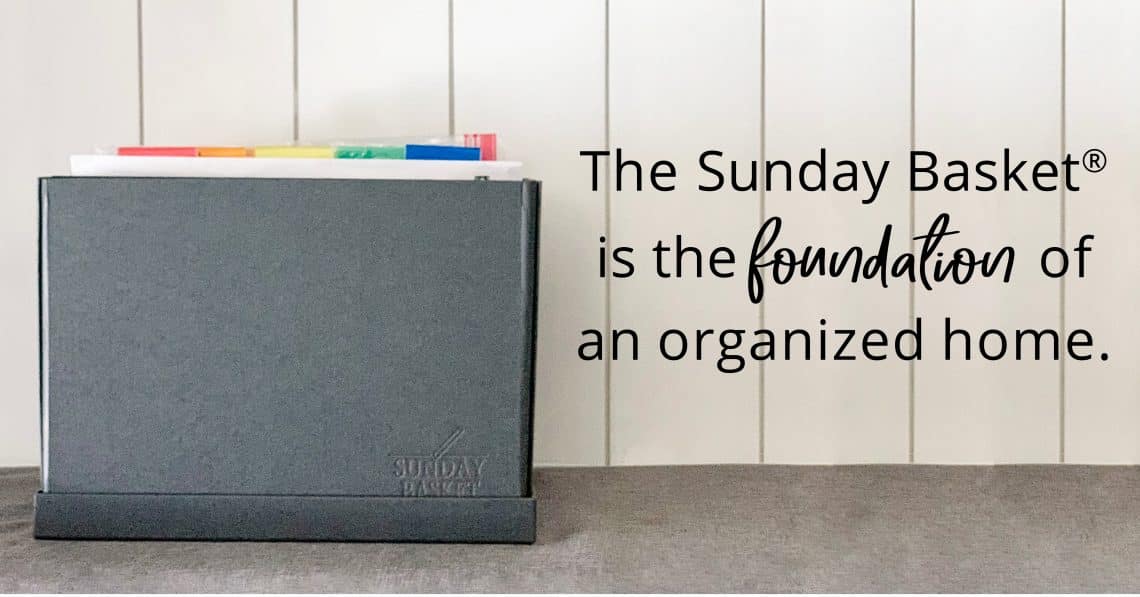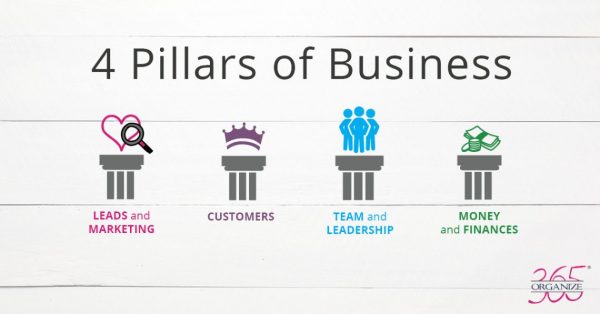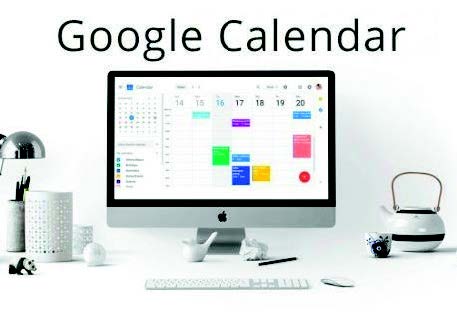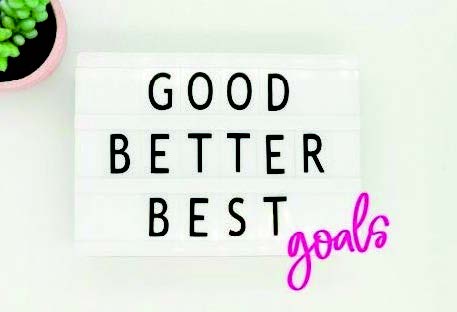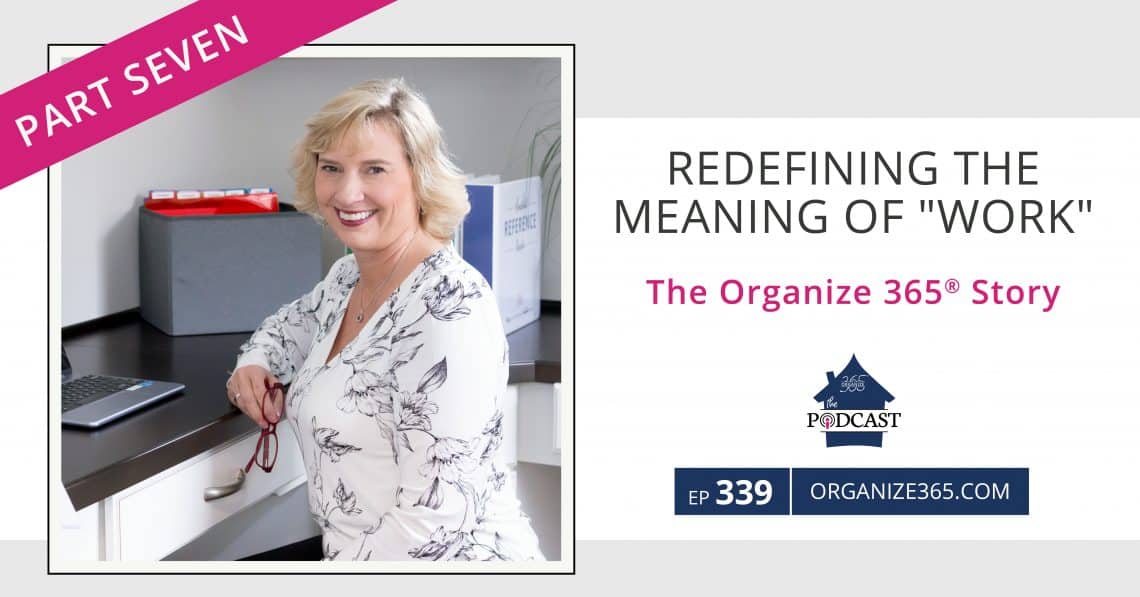
The Organize 365 Story – Part 7
This is part 7 of a series sharing the Organize 365 Story. I want to talk with you about how you define “work.” As always, I want to share my mindset and thinking with you. I also want to share how owning a home or running a household can also work. In this podcast, I also share many of the words I use surrounding the concept of work that help me to be more efficient, productive, and effective. This week, I want to share my perspectives on work to help the Organize 365 community to have a shared vocabulary and foundational language.
No matter when you begin your transformational journey (or when you need to reset or restart), this information will be here as a reference for you. Listen in as I teach you about how I think about work. These ideas are at the core of everything I teach and how I approach organizing and will help you take those first steps toward learning the skills of organization.
Work
Work is a major concept in the Organize 365 Story. I have always been careful about how I define work. As a woman, other people do not always see what I do as “work.” Over the years, I have wrestled with how I define work. At different times, I have valued my work based on the income that I have earned. In the past, I worked a lot of little jobs to pay little bills.
Work is whatever you spend the majority of your time doing. Sometimes we earn a paycheck, but we are ALL working. Some members of the Organize 365 community volunteer 40 hours a week, and that is work. The kids in the Kids’ Program go to school as their work. Regardless of our paycheck, our work is worthy of being planned, optimized, productive, positive, invested in, and focused on. Every person has a unique purpose or calling to contribute to this world, and I want to help you discover yours.
Being an adult and a homeowner is work. The Pew Research Institute found that it takes 26 hours per week to maintain a household without children or childcare. Household-related tasks like cooking, cleaning, yard work, laundry, grocery shopping, house maintenance, paying bills, and other #adulting tasks end up being a part-time job.
When I looked at my life, I realized that I had multiple jobs but only one paycheck. My jobs included being a business owner, parent, and homeowner. Calling those things “work” felt clinical, cold, and calculating. I wanted to be the heart of my home. But, making a home doesn’t just happen. Someone needs to plan, purchase, prepare, and clean up.
Optimizing Work
For all of my different kinds of work, I want to apply the same level of planning, foresight, and productivity. I treat my unpaid work as important and valid as I do my paid work.
One of the most important ways I was effective in my different kinds of work was to establish an organizational structure. I separated my work hats into different baskets – one for each kind of work. I used the container to hold ideas, actionable, and to-dos. Having a separate basket for each type of work helped to physically represent how I was spending my time and what my priorities were.
Home – The Sunday Basket®
To stay organized and improve my productivity, I use my Sunday Basket® in my household. Every Sunday, I spend about 90 minutes and plan my week for my family. I also use this time to reset whatever we need for the week – fill pill containers, reboot electronics, and similar tasks that keep my home functioning. It takes about 4-6 weeks of consistent Sunday Basket use to achieve organization and productivity in your home.
I share about the Psychology of the Sunday Basket in the Organize 365 Podcast.
Just the act of creating a slash pocket sends the message to our brain that a project or life focus area is real.
Work – Friday Workbox
A Friday Workbox® can be used for any kind of work that you do outside of managing your home. Organize 365® currently has 2 different workboxes – business and education. In the Playbook for each specific kind of Workbox, I share my system for how I organize my work into buckets. In the podcast, I share how I quickly developed a Workbox® for my direct sales business and a separate one for my virtual assistant. As a professional organizer, I even organized the paperwork in home offices for people with direct sales businesses.
Every Friday at 2 p.m., after lunch, when energy is low and you are done for the week but have to stay at work, you can process your Friday Workbox. This is a time that is otherwise wasted but can be used to make the next week more productive and can lead to immediate results. During my Friday Workbox time, I get my email to inbox zero, prepare my calendar (get papers ready, confirm the upcoming meetings for next week, etc.), review the correspondence, and make decisions.
4 Pillars of Business
One of the reasons that the Workboxes are so effective in systematizing your work and keeping your papers organized is because they focus on the 4 pillars of business. Every business grows and succeeds by focusing on these pillars: Leads and marketing, Customers, Team and Personal Development, and Finances and Administrative Tasks.
Personality Assessments
John Maxwell says “Leaders have influence.” As the CEO and leader of Organize 365, I want to influence others toward a life transformation. I want to learn about you as a member of the Organize 365® community so I can be an effective teacher and so I can help you achieve the most you are capable of doing. Personality Assessments can help you in this area.
Google Calendar
I organize all of my different kinds of work on my Google Calendar using color coding. I use time blocking to ensure I can make time for my different kinds of work and to ensure the tasks for each one get done. By color coding, I can see at a glance how I am spending my time, and how my different roles are represented in my week. As part of my calendar, I also scheduled driving time, especially when my kids were in middle school.
I am an eternal optimist and I set big goals. I set dream-level goals for almost all areas of my life – income, customer enrollment, weight loss, and so on. I can accept progress toward my goals as good enough. Good, better, best goals allow me to set goals at different levels – some reasonable and some that are a stretch. This allows me to dream and focus on moving toward success in all of my different kinds of work.
In addition to our work for a paycheck, and our other work in and around our home, most of us have passion projects. A passion project is anything you can do where time disappears. These are things you can work on all week that light you up inside, but these rarely have a financial reward. Most adults have 1-3 active passion projects. Much like our many kinds of work, our passion projects can benefit from a Workbox to hold our paperwork and from the same skills of organization and productivity.
Throughout our lives, we all love to work, to learn, and to make others happy. You can reclaim these feelings as an adult. When we can more clearly see all the different kinds of work and jobs we have, we can permit ourselves to treat them as important work. When we level out how we spend our time working for pay and not for pay are both important, we can give them equal weight, and merit, and focus on making them productive.
This episode is a part of the Organize 365® Glossary Playlist. Listen to other episodes on the Glossary Playlist here.

